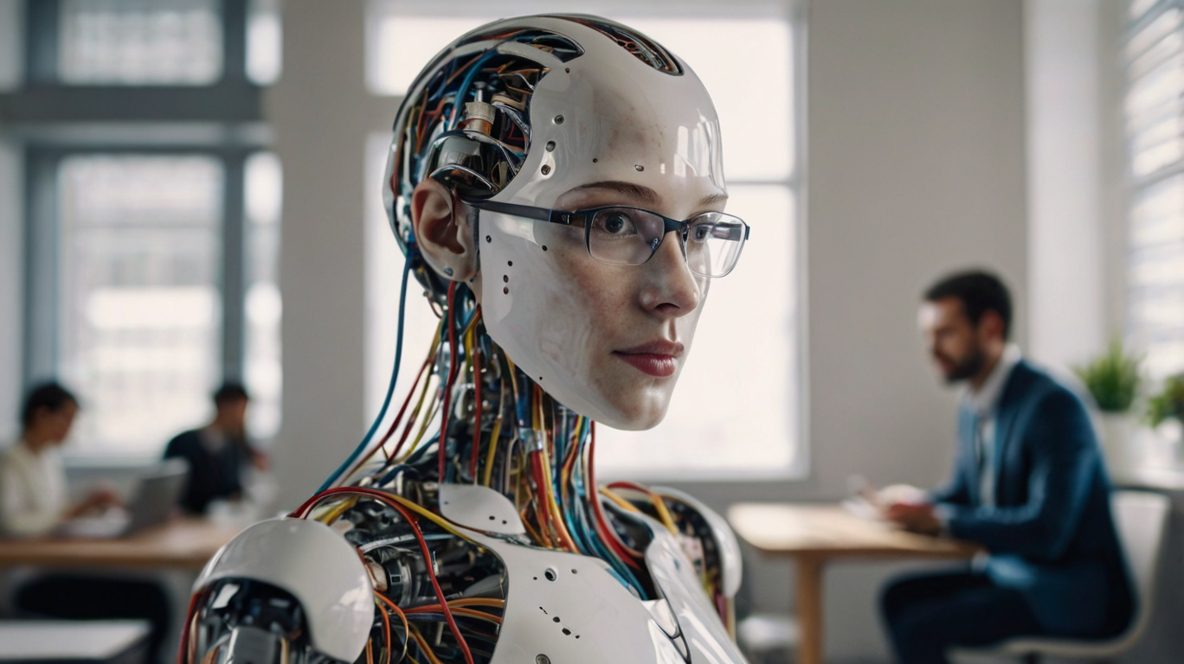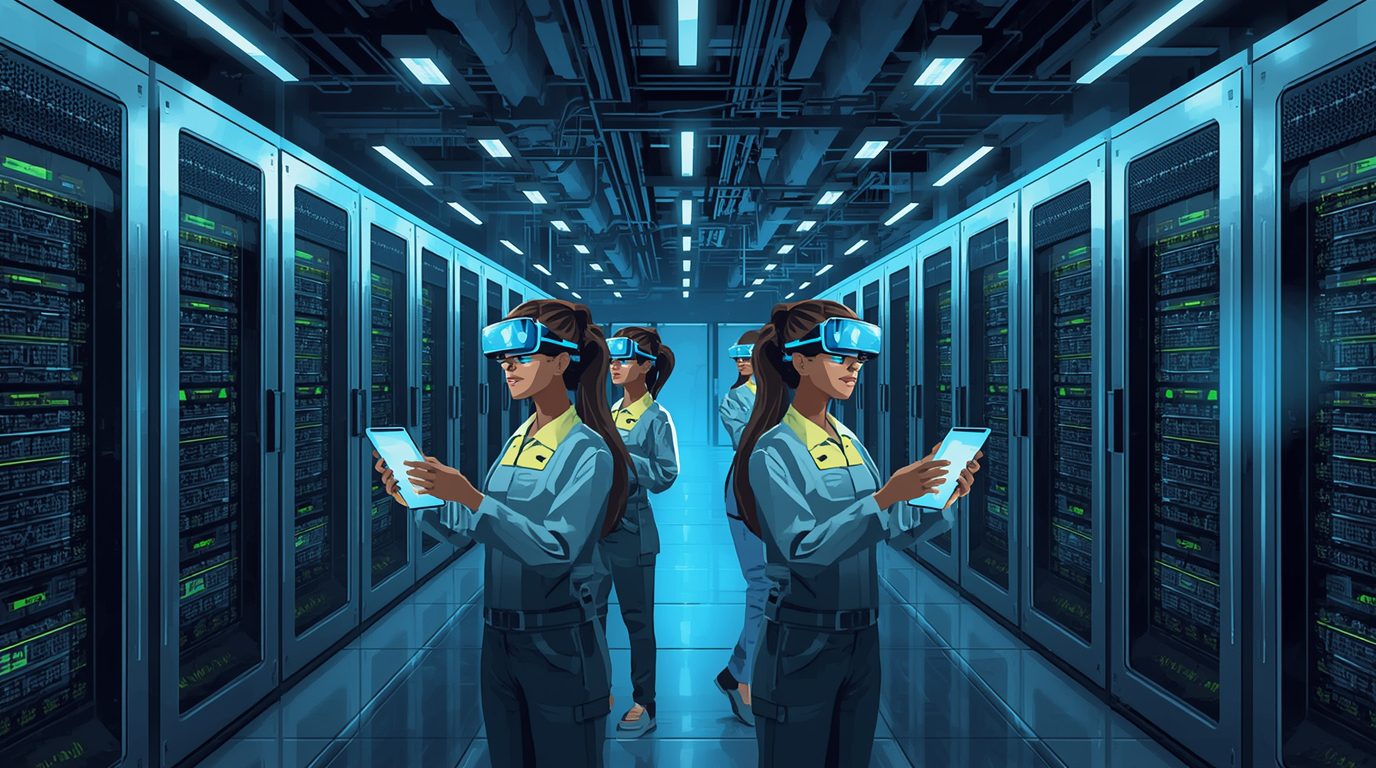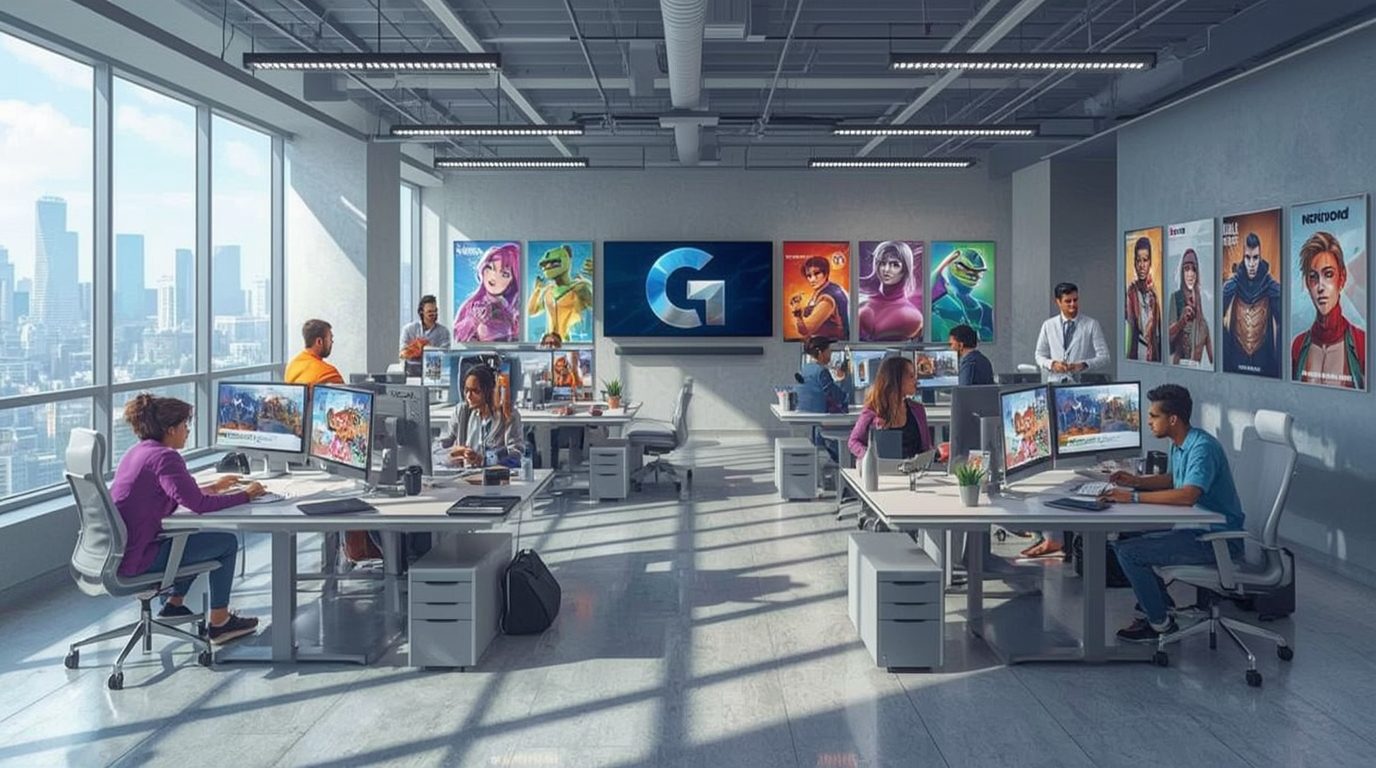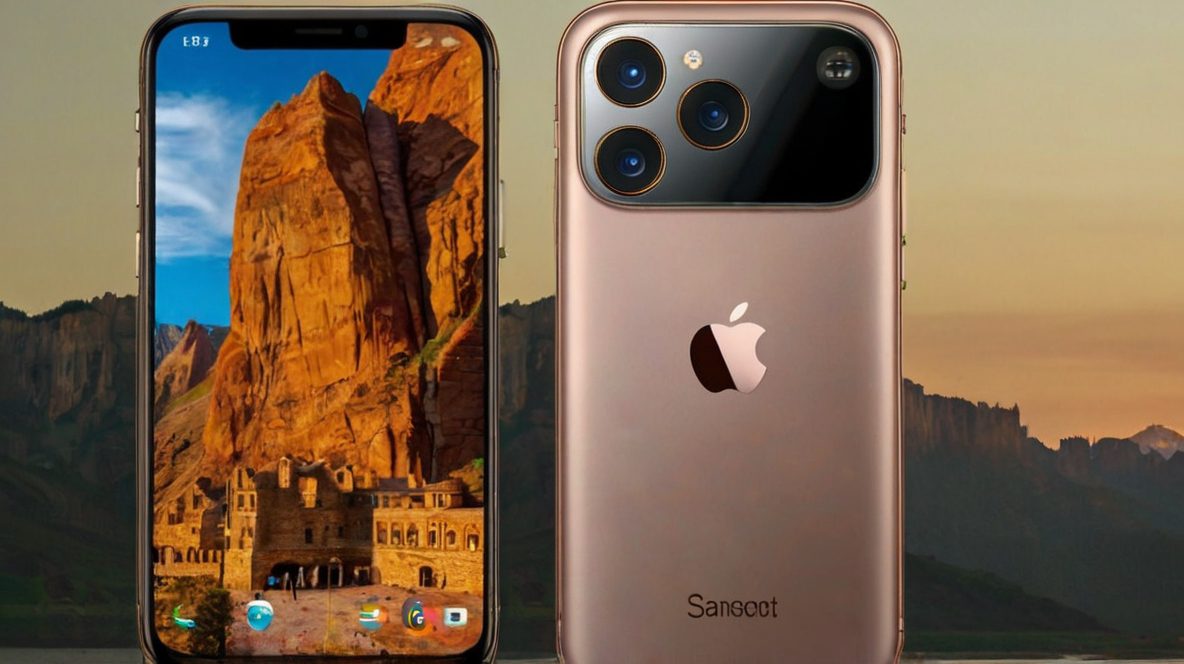Sundar Pichai Unveils New Interview Process in Google AI
Artificial intelligence keeps becoming part of our daily lives, and this is forcing big tech companies to rethink how they find the best talent. Google, Amazon, Cisco, and others are changing their hiring tests—especially for engineering jobs—to make sure every person is treated fairly and the right skills are seen.
Sundar Pichai, the CEO of Google, just announced that the company is bringing back in-person interviews for engineering and software coding roles. He said they had to do this because too many candidates were using AI tools to ace the online coding tests, and that made it hard to see if they really knew the stuff.
Why Google AI is Messing Up Virtual Interviews
In the past, some candidates used AI chatbots to crack coding puzzles, fix bugs, or come up with answers on the fly. AI is great for helping on the job, but when it slips into the interview, it ruins the whole idea of a fair check of skills. Interviewers can’t tell if the person is solving a problem or just reading what AI spit out.
Pichai recently shared his perspective:
“We’re committed to hiring strong candidates with solid computer science fundamentals now that AI is in the picture.”
To put this into practice, Google will add at least one in-person interview for every engineering or technical position. This lets interviewers evaluate candidates on the spot, confirming their core knowledge, problem-solving skills, and hands-on expertise.
The Value of Face-to-Face Interviews
Remote interviews are quick and can reach more people, but they are vulnerable to AI cheating. On-site interviews help prevent this by:
- Watching candidates think on their feet – Candidates code and talk through their reasoning in real time.
- Digging into understanding – Interviewers can ask follow-up questions based on the candidates’ code.
- Judging interpersonal skills – Traits like communication, teamwork, and flexibility are easier to spot in person.
By bringing this practice back, Google aims to keep the depth and dependability of its talent, especially for critical technical jobs.
A Wider Industry Challenge
The challenge of AI misuse in interviews isn’t just a Google issue. Research shows that more than half of candidates in some remote technical interviews have used hidden AI tools, leading companies to tighten their verification steps.
Other firms are taking similar steps:
- Amazon now makes applicants sign a declaration promising they won’t use unauthorized AI tools during interviews.
- Anthropic, a research lab for AI, has outright banned any AI use in its hiring process.
- Cisco and McKinsey are bringing back in-person interview rounds to gauge skills more effectively.
- Deloitte already restarted on-site interviews for its UK graduate program, worried about AI-driven assessment tools.
These moves show a clear industry pattern: businesses are fine-tuning hiring to keep speed without sacrificing fairness and rigor in a world shaped by AI.
The Future of Tech Hiring
As AI keeps changing, firms must keep a careful balance. AI can speed up learning and help solve problems, but it can cloud judgment about a candidate’s true abilities.
Google’s strategy focuses on confirming skills and protecting candidate honesty. By mixing virtual interviews for ease with on-site rounds for final proof, the company aims to keep its rigorous hiring bar while meeting new realities.
“We want to ensure that, even with AI, we hire people who can think critically, code effectively, and contribute meaningfully to our projects.”
For job seekers, this means no shortcuts. AI can help with studying, but top firms still want you to master the basics and solve real-world problems. Those skills will carry the day when the offer letter is on the table.
Key Points
- Google is bringing back in-person interviews for engineering and tech jobs to prevent AI-assisted cheating.
- The move tracks with other firms, including Amazon, Cisco, and Anthropic, that are also tightening their anti-cheating practices.
- Genuine skills, not just polished AI answers, will earn you an offer.
- Face-to-face interviews let recruiters observe your problem-solving, coding, and soft skills in real-time.
- The tech hiring scene is changing fast; both job hunters and employers must adjust to AI being a powerful ally and a potential risk.
- For ongoing insights into tech hiring and AI trends, visit The Lucky Ledger.
As AI continues to alter the workplace, businesses realize that ethical hiring still needs a human touch. For Google and other leaders, blending AI-based study with traditional in-person testing offers a balanced path to discovering talent ready to excel in an increasingly complex digital future.












